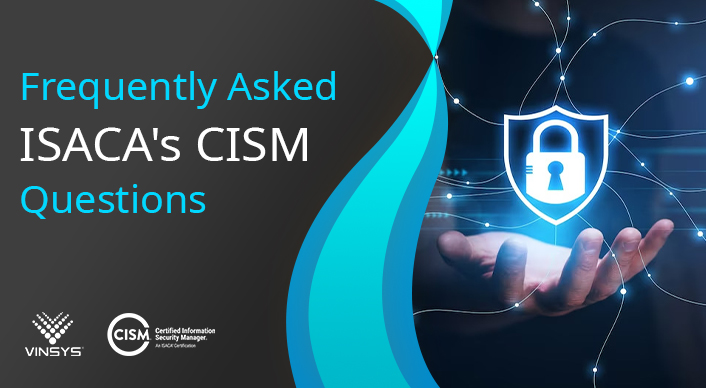Policies are an essential component of any organization, providing guidance and structure for decision-making, actions, and behaviors. Whether in the public or private sector, policies serve as a foundation for operational efficiency, regulatory compliance, and risk management. However, developing effective policies is not a straightforward process, and requires careful consideration of various factors to ensure they are relevant, actionable, and impactful. In this article, we will explore some strategies and best practices for effective policy development.
Clearly define the policy’s purpose and scope: Before starting to develop a policy, it is crucial to define its purpose and scope. This includes identifying the problem or issue the policy is addressing, who the policy applies to, and what outcomes the policy seeks to achieve. Without a clear understanding of the policy’s purpose and scope, it is difficult to develop a policy that is relevant and effective.
Involve stakeholders in the policy development process: Policies affect various stakeholders, including employees, customers, suppliers, and regulators. It is essential to involve these stakeholders in the policy-development process to ensure that their needs and concerns are considered. This can be done through consultations, surveys, or focus groups, and can help identify potential issues and areas for improvement.
Conduct a thorough analysis: Before finalizing a policy, it is essential to conduct a thorough analysis of the problem or issue the policy is addressing. This includes identifying relevant laws, regulations, and best practices, as well as considering potential risks and unintended consequences. A rigorous analysis helps ensure that the policy is effective, feasible, and sustainable.
Use clear and concise language: Policies should use clear and concise language that is easy to understand and interpret. This helps avoid confusion and misinterpretation, and ensures that the policy is actionable and enforceable. Avoid using jargon, technical terms, or overly complex language, and consider using examples and illustrations to clarify key points.

Ensure policy consistency: Organizations often have multiple policies that address related issues. It is essential to ensure that these policies are consistent with each other to avoid conflicts or confusion. This can be done by conducting a policy review or audit, and identifying areas where policies may overlap or contradict each other.
Communicate the policy effectively: Once a policy is developed, it is essential to communicate it effectively to stakeholders. This includes providing training, education, and awareness-raising activities to ensure that stakeholders understand the policy’s purpose, scope, and requirements. Effective communication can help ensure policy compliance, reduce risks, and improve organizational performance.
Regularly review and update policies: Policies should be regularly reviewed and updated to ensure that they remain relevant and effective. This includes considering changes in laws, regulations, and best practices, as well as feedback from stakeholders. Regular reviews and updates help ensure that policies continue to address the problem or issue they were designed to solve.
Consider cultural and ethical factors: Policies should consider cultural and ethical factors to ensure they are appropriate for the organization and its stakeholders. This includes considering values, beliefs, and social norms that may influence policy-development and implementation. By considering cultural and ethical factors, policies can be more effective and acceptable to stakeholders.
Align policies with organizational goals: Policies should be aligned with the organization’s goals and objectives to ensure they contribute to the organization’s success. This includes considering how policies support the organization’s mission and vision, as well as its values and culture. Aligning policies with organizational goals can help ensure that policies are relevant and meaningful to stakeholders.

Consider the cost-benefit analysis: Policies often have costs associated with their implementation, such as training and enforcement. It is essential to consider the cost-benefit analysis of the policy to ensure that the benefits of the policy outweigh the costs. By considering the cost-benefit analysis, policies can be more efficient and effective.
Incorporate feedback and evaluation: Policies should incorporate feedback and evaluation mechanisms to ensure that they are working as intended. This includes collecting data on policy implementation, monitoring policy compliance, and evaluating policy outcomes. Feedback and evaluation can help identify areas for improvement and ensure that policies are achieving their intended results.
Overall, effective policy development requires a comprehensive approach that considers various factors, including stakeholder involvement, thorough analysis, clear communication, policy consistency, cultural and ethical factors, alignment with organizational goals, cost-benefit analysis, and feedback and evaluation. By following these strategies and best practices, organizations can develop policies that are relevant, effective, and impactful, and contribute to their overall success.
In conclusion, effective policy development is critical for organizations to achieve their goals, manage risks, and comply with regulations. By following the strategies and best practices outlined above, organizations can develop policies that are relevant, actionable, and impactful. Remember to involve stakeholders, conduct a thorough analysis, use clear and concise language, ensure policy consistency, and communicate the policy effectively to achieve success.















